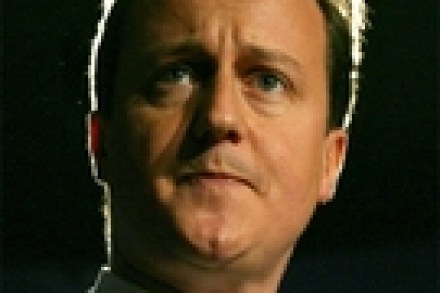Lansley keeps the spending taps on
Struggles with the conference internet connection prevented me from posting on it at the time, but it’s still worth flagging up Andrew Lansley’s big speech on the NHS today. Why so? Well, because it exemplifies how the Tory message on health undermines their general rhetoric on public spending. At the heart of the speech was a pledge that I’m sure many CoffeeHousers would cheer: to slash the money spent on NHS bureacrats by a third, from £4.5 billion to £3 billion. Good stuff, you might think. That’s what governments should be doing in there difficult times. And you’d be right. But the rest of Lansley’s speech was at odds with




















